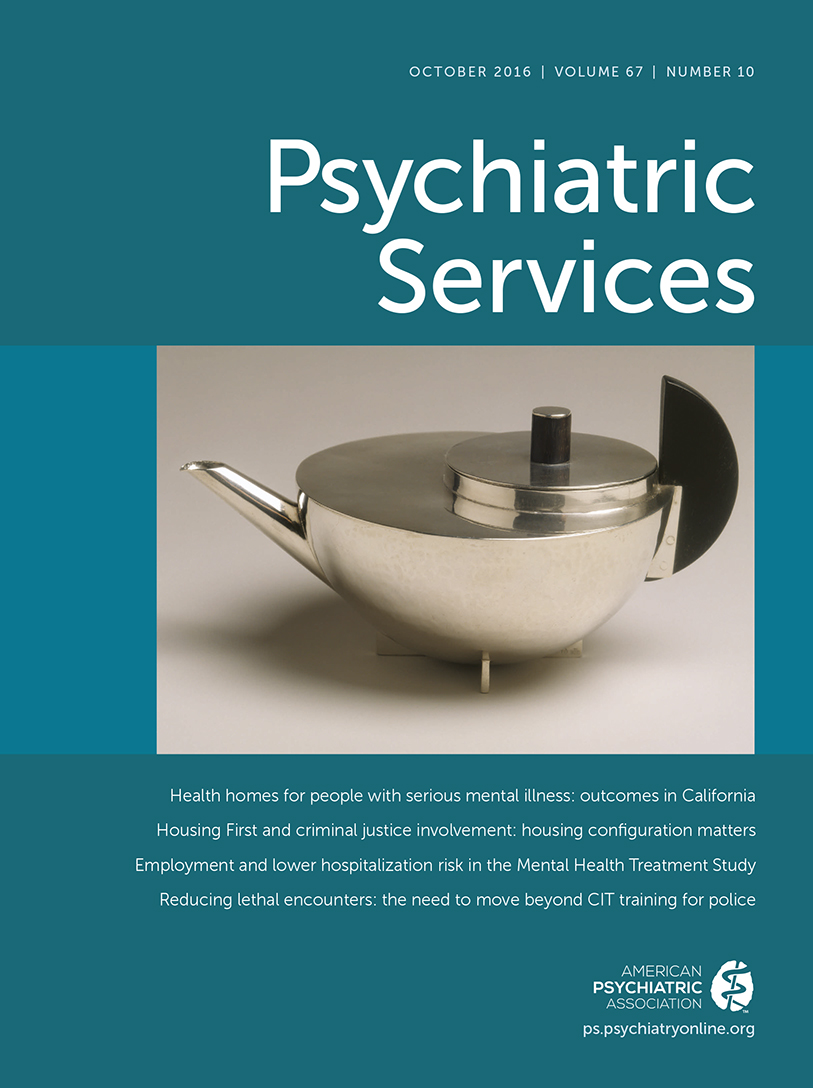Organizational Stress as Moderator of Relationship Between Mental Health Provider Adaptability and Organizational Commitment
Abstract
Objective:
Community mental health providers often operate within stressful work environments and are at high risk of emotional exhaustion, which can negatively affect job performance and client satisfaction with services. This cross-sectional study examined the relationships between organizational stress, provider adaptability, and organizational commitment.
Methods:
Variables were analyzed with moderated multilevel regression in a sample of 311 mental health providers from 49 community mental health programs.
Results:
Stressful organizational climate, characterized by high levels of emotional exhaustion, role conflict, and role overload, was negatively related to organizational commitment. Organizational stress moderated the relationship between provider adaptability and organizational commitment, such that those who were more adaptable had greater levels of organizational commitment when organizational stress was low but were less committed than those who were less adaptable when organizational stress was high.
Conclusions:
Providers higher in adaptability may perceive their organization as a greater fit when the work environment is less stressful; however, highly adaptable providers may also exercise choice that manifests in lower commitment to staying in an overly stressful work environment. Service systems and organizational contexts are becoming increasingly demanding and stressful for direct mental health service providers. Therefore, community mental health organizations should assess and understand their organizational climate and intervene with empirically based organizational strategies when necessary to reduce stressful climates and maintain adaptable employees.



